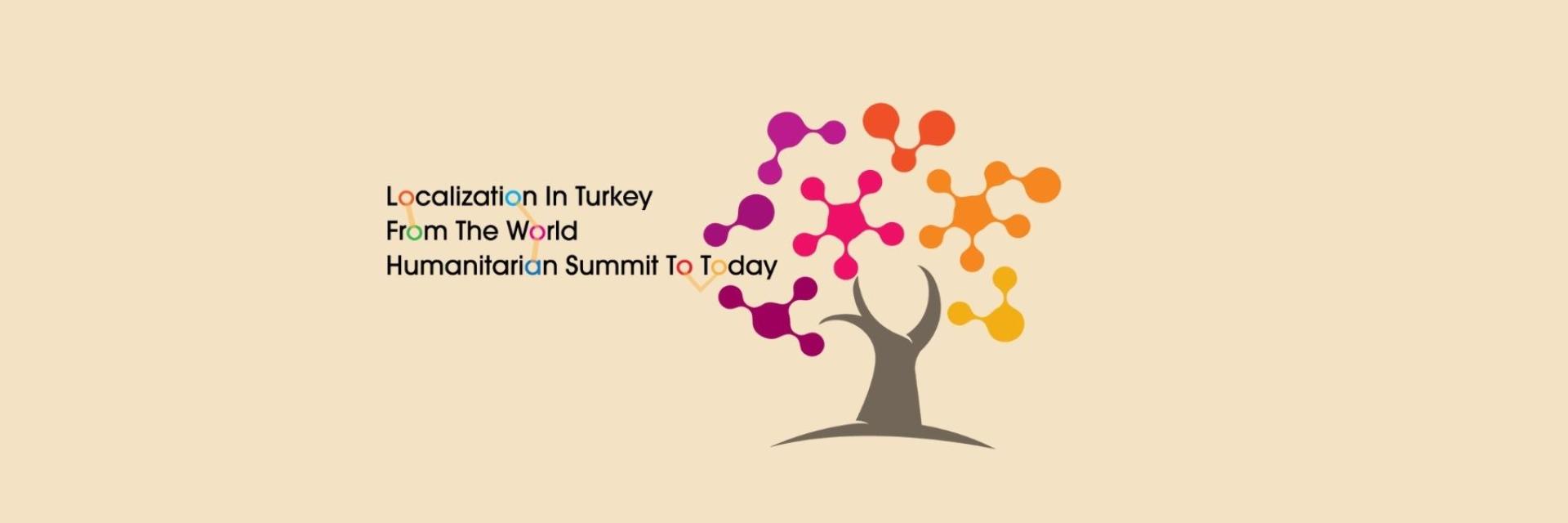
At the workshop attended by the actors in the field, local NGOs, and donor and international organizations, what needs to be changed to make local NGOs stronger were discussed. In the workshop, the commitments of the 'Grand Bargain' (Grand Bargain) targeting localization, which is one of the substantial outputs of the Summit, the difficulties experienced and good practices were also discussed.
In the workshop, the results of the research conducted by the Turkish Refugee Council with 36 donors and 23 international intermediary institutions that provided funding data on 182 local and national actors related to the localization of humanitarian aid funds for Syrian refugees in Turkey were also shared. While the 3 topics that emerged in the research interviews were barriers to funding, funding quality, and partnerships, noting that almost all of the donor support went to national NGOs rather than local organizations, and very few of them reached women's organizations or refugee-led organizations.
In the workshop, Director of Support to Life Association Sema Karaosmanoğlu shared the findings of the research conducted with 32 local, 10 international organizations, and 18 key interviewees on the situation of Localization in Turkey.
According to the findings, many partnerships are carried out through subcontracting and this is not preferable for local NGOs. Actors on the ground highlight the need to strengthen informal community-supported support mechanisms. According to the findings, international actors acknowledge the importance of strategic partnerships, but they expect the capacity of local organizations to be high.
6 components of localization (funding, capacity, partnerships, coordination, policy, influence and visibility, and participation) were also discussed at the workshop.
The prominent topics in the funding component were louder advocacy for the development of alternative financial resources, direct and long-term support of organizations, and elimination of legal obstacles to fundraising.
In the highlights of the partnership component, mapping the expertise of CSOs was recommended to prevent monopolization, and it was emphasized that empowering CSOs would mean raising the quality of the partnership.

